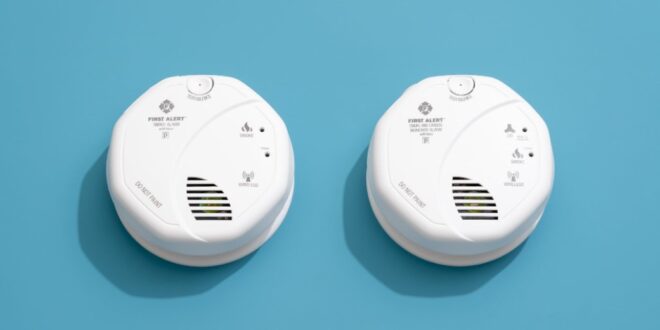When it comes to your home, you’ll want to make sure that you take the best possible precautions in order to ensure your safety. One of the most important things you can do to protect yourself, your family, and your home is to install interconnected smoke alarms throughout your house. Many people are unsure if they actually need interconnected smoke alarms or not, and this article will help you figure out if they are right for you or not.
The Basics: Why Is My Home at Risk of Fire?
According to PhotoelectricSmokeAlarmsAustralia, every year hundreds of fires break out in homes around Australia. Many of these result in injuries and sadly some also result in fatalities. If you’re living in an older home without interconnected smoke alarms your risk is even higher. Statistics show that buildings without interconnected smoke alarms have roughly two times as many deaths per fire. But why are my home’s risks greater you may be wondering? It has to do with how quickly fire spreads from room to room and how hard it is for escapees to get out safely in time.
What Are Smoke Detectors, and Why Are They Important?
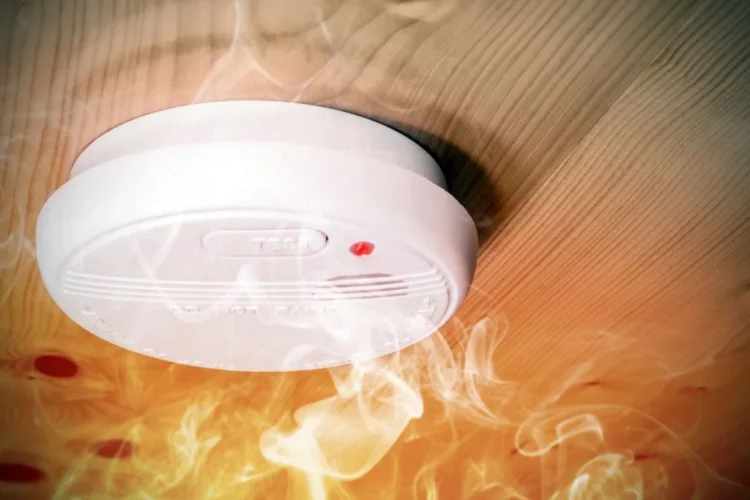
Do you know what smoke detectors are and why they’re important? Before we get into interconnected smoke alarms, let’s take a look at smoke detectors, how they work, and why it’s important to have them in your home. These are also referred to as smoke alarms.
There are two types of smoke detectors: photoelectric and ionization. Photoelectric smoke detectors detect fires using light beams that sense heat changes from fire particles. Ionic smoke detectors use electrical charges to detect fires. Ionization sensors have been shown to be better at detecting fast-burning fires, while photoelectric sensors are better at detecting smoldering fires or those with low flames (the types that normally occur in house fires).
It is for this reason, that new laws in the state of QLD, Australia have mandated that photoelectric interconnected smoke alarms be installed for new build or rental properties.
What is an interconnected smoke alarm?
An interconnected smoke alarm is connected to a network of other alarms. When one alarm detects smoke in a property, then all the other alarms will also go off at the same time. What’s nice about this is that all the alarms going off simultaneously gives people in a house a quicker response time for when someone notices the fire. Particularly for homes that are large or multi-story.
Considering how important the invention of interconnected smoke alarms is, you may not be surprised to hear that Australian authorities made it compulsory to have interconnected smoke alarms installed. This mandate will soon go into effect in Queensland, with it soon being required that people selling their homes and landlords renting out their properties to do so. Smoke alarms will be required by law in Queensland for all properties to be interconnected by 2027.
How are smoke alarms interconnected?
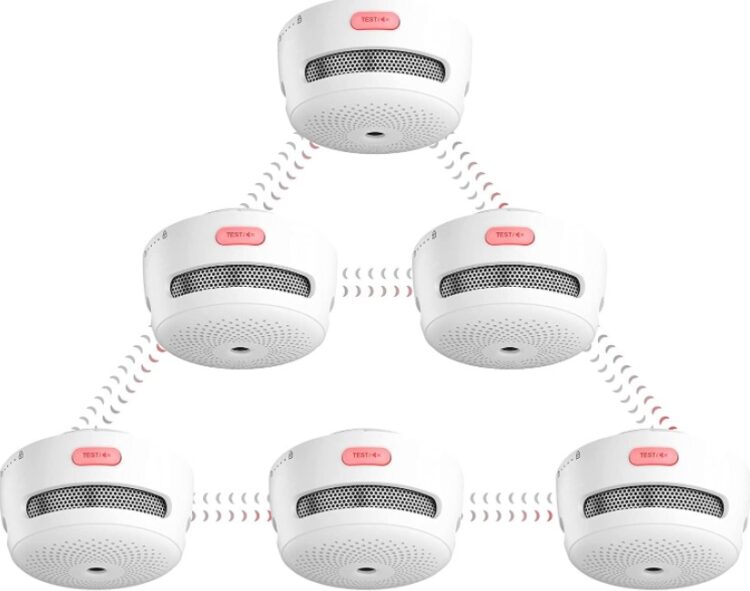
Smoke alarms have a built-in radio transmitter that they use to communicate with each other. They use radio frequency technology and transmit to each other using a specific frequency. After buying alarms, the owner must perform a process that links all of the alarms on the same network. This is a straightforward process with instructions or “pairing videos” provided by the manufacturer. Alarms are usually paired to a “master alarm” on the same network.
It is a common misconception that interconnected smoke alarms on your property may also set off your neighbors. Fortunately, this is just not possible as each network of alarms has its own “master” and only alarms paired with a master will be interconnected.
Do interconnected smoke alarms need to be hardwired?
Generally speaking, not all interconnected smoke alarms need to be hardwired. For a new build or a substantial renovation, only hardwired smoke alarms will be allowed. In the event that an existing hardwired smoke alarm is to be replaced, it too must be replaced with a hardwired smoke alarm. In all other situations in QLD, smoke alarms may be powered by a 10-year lithium battery inside the unit. That is, some properties may contain smoke alarms powered by 240v hard-wired connections and a lithium battery-powered connection.
Are all interconnected smoke alarms compatible?
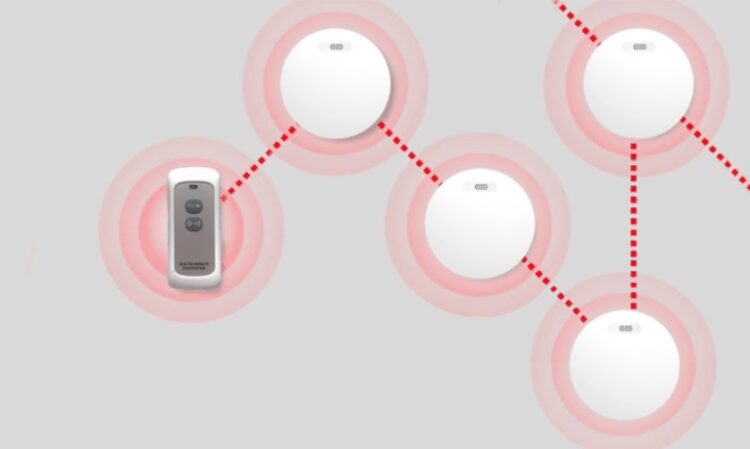
No, not all interconnected smoke alarms are compatible, meaning if you buy a set of smoke alarms from one brand, you won’t be able to interconnect these with smoke alarms from another brand. The reason behind this is that each brand has its own software, transmitting frequency and smoke alarm processor technology. When you purchase a set of smoke alarms from a manufacturer you will usually find a comprehensive instruction manual and some brands even provide a helpful video on how to pair the alarms.
What is the range of interconnected smoke alarms?
Each brand of smoke alarms have a slightly different range, however you will find that most brand can communicate up to a distance of 30m between alarms. This is usually enough for most households. You can check the technical specifications of the smoke alarm before buying to see if the range will be enough for your house. The radiofrequency is also strong enough to penetrate through walls and floors so you can rest assured that your alarms will still work fine regardless of the composition of your house.
How do Australian Standard 3786:2014 apply to smoke alarms?
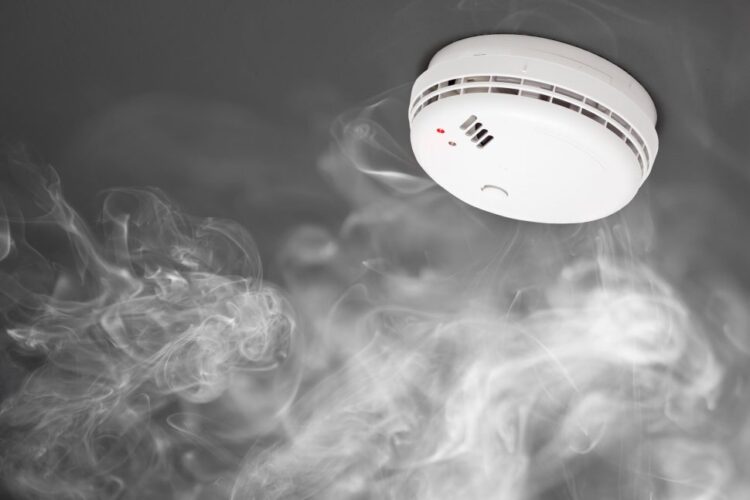
Australian Standard 3786:2014 is a set of standards for smoke alarm interconnectivity. The standard also includes what information must be provided on the smoke alarm packaging and what should be included in the instruction manual. Manufacturers are required to specify the frequency at which the alarms should operate and the maximum number of smoke alarms that can be interconnected together.
Conclusion
This article has highlighted the importance of interconnected smoke alarms and how lifesaving these types of devices can be. When you consider the improvements in smoke detection technology and the relatively low cost barrier, it makes perfect sense to buy photoelectric interconnected smoke alarms for your home. After all, what price can you put on the safety and security of your loved ones!
 Hi Boox Popular Magazine 2024
Hi Boox Popular Magazine 2024
